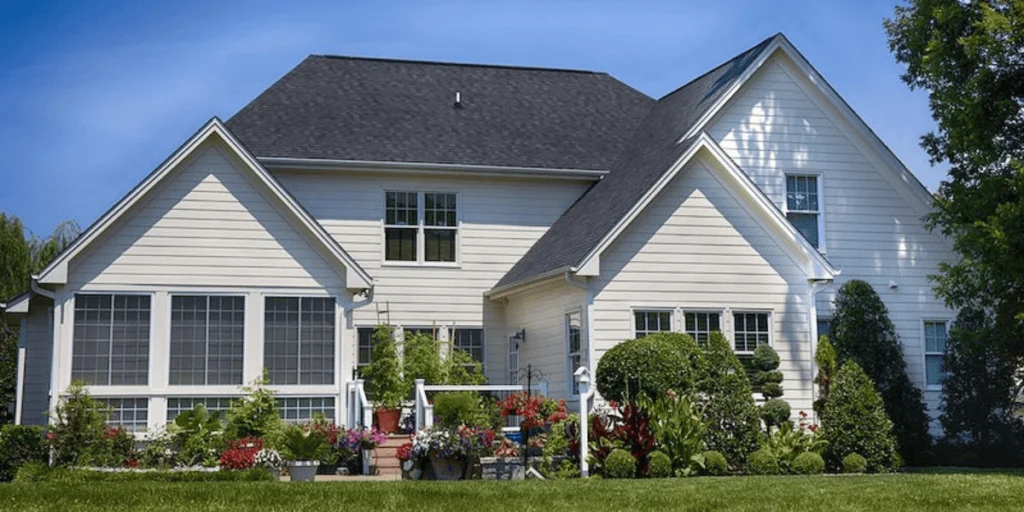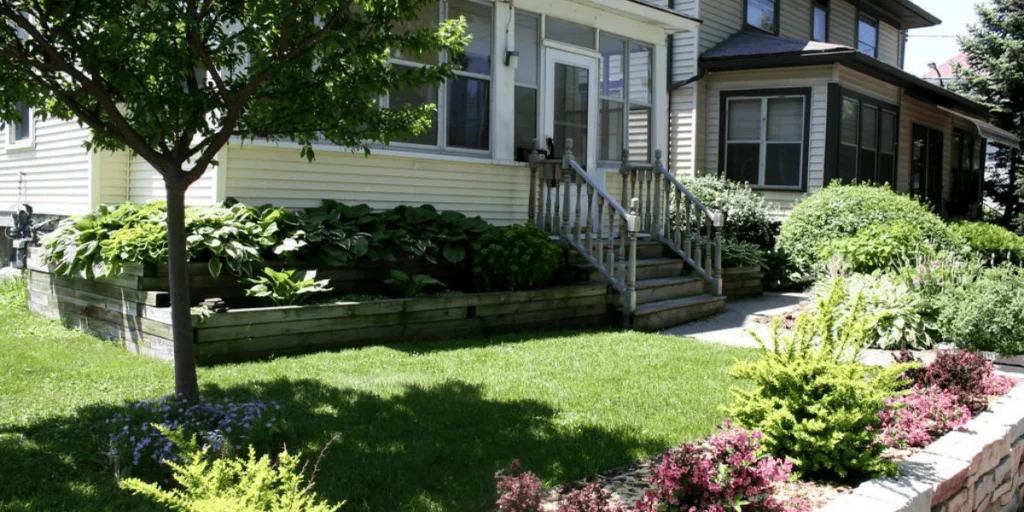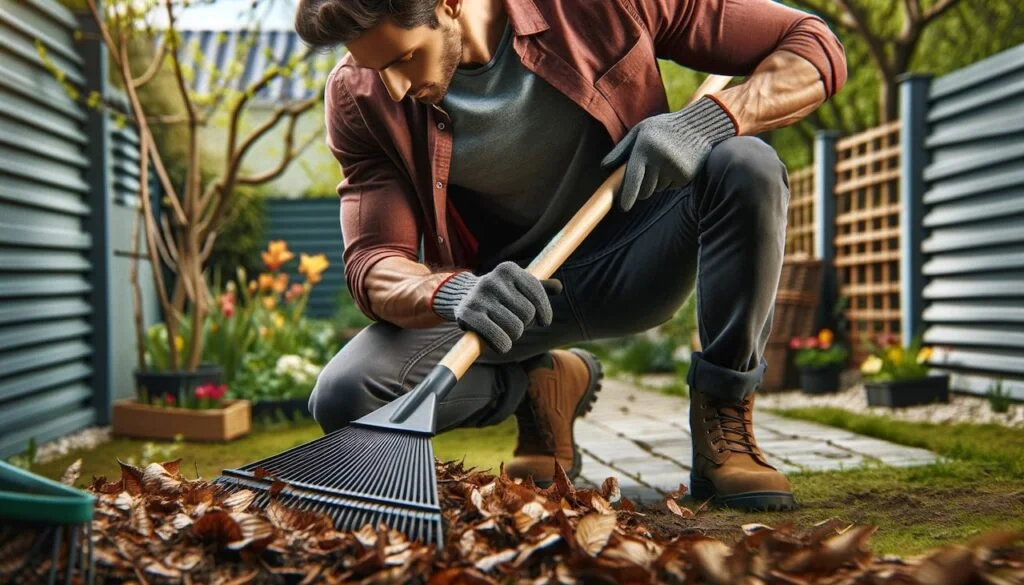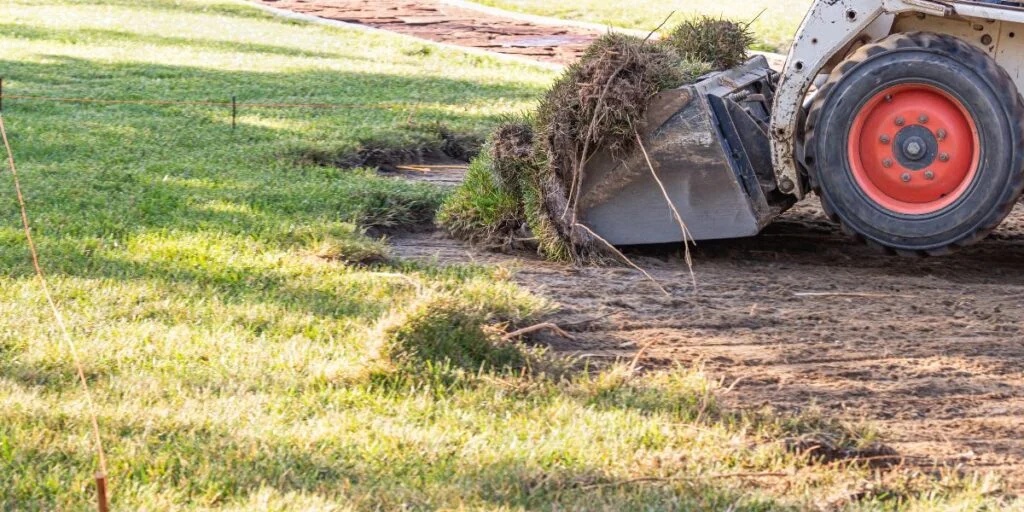Property taxes are a critical component of local government funding, primarily used to finance schools, roads, and public services. They are calculated based on the assessed value of a property, including land and buildings. One question that often arises among homeowners is whether improvements to their property, particularly landscaping, can affect their property taxes.
The intuitive assumption might be that since landscaping can enhance the aesthetic and market value of a property, it could also lead to an increase in property taxes. This blog explores how landscaping can impact property tax assessments and what homeowners can expect when they invest in their property’s curb appeal.
Does Landscaping Increase Property Tax?
The simple answer to this question is yes, but the extent and impact can vary significantly. Property taxes are influenced by the assessed value of a property, and any improvements that potentially increase a property’s value can also increase its tax assessment.
Well-designed and maintained landscaping can make a property more attractive and, theoretically, more valuable, potentially leading to higher property taxes. However, the impact of landscaping on property taxes isn’t always straightforward and can depend on local tax laws and the nature of the landscaping improvements.

How Tax Assessors Consider Landscaping
When tax assessors determine the impact of landscaping on property taxes, they consider several aspects. The key factor is whether the landscaping improvement adds considerable market value to the property. For instance, professional landscaping that transforms the aesthetics and usability of a property could be seen as adding substantial value. Tax assessors often look at the permanence of the landscaping features: temporary or seasonal decorations have less impact on assessments than enduring features like trees, shrubs, or hardscapes.
Discussions with tax assessors reveal that not all landscaping improvements are treated equally. Functional landscaping that prevents soil erosion, for example, might be valued differently from purely cosmetic enhancements. Similarly, drought-resistant landscapes in water-scarce regions can increase property values and taxes due to their practicality and appeal.
Key Factors that Influence Property Tax Rates

Landscaping can influence property taxes in several ways. Here are key points to consider when assessing how outdoor improvements might affect your tax bill:
Assessment of Property Value: Property taxes are based on the assessed value of your property, which includes both the land and any improvements such as landscaping. Enhancements that increase curb appeal could raise the assessed value.
Type of Landscaping: Minor cosmetic changes like planting annual flowers typically do not impact property taxes significantly. However, major upgrades like installing irrigation systems, elaborate garden layouts, or permanent structures (e.g., patios, decks) are more likely to increase property values and taxes.
Local Tax Codes: The effect of landscaping on property taxes varies by location due to different local tax codes and assessment practices. Some areas might assess landscaping improvements more rigorously.
Sustainability and Tax Incentives: In some regions, environmentally sustainable landscaping features, such as drought-resistant plants or rain gardens, might qualify for tax incentives, potentially offsetting any tax increases due to other landscaping improvements.
Consultation with Professionals: Before undertaking significant landscaping projects, it’s advisable to consult with a tax professional or local assessor. This can provide clarity on how such improvements could affect your property taxes based on local regulations and practices.
By considering these factors, homeowners can better navigate the balance between enhancing their property through landscaping and managing potential tax implications.
How Does Landscaping Affect Property Taxes?
Landscaping can have a variety of effects on property taxes, influenced by its design, maintenance, and integration with the property.
| Sr. No. | Landscaping Improvement | Potential Tax Effect | Explanation |
| #1. | Minor Cosmetic Changes | Minimal or No Increase | Planting annuals or perennials typically does not significantly affect property taxes as they are considered temporary. |
| #2. | Major Garden Installations | Likely Increase | Large, permanent garden features (like custom flower beds or vegetable gardens) can increase property value and taxes. |
| #3. | Irrigation Systems | Likely Increase | Permanent systems that improve property functionality and aesthetics can raise the assessed value. |
| #4. | Hardscaping (e.g., patios) | Likely Increase | Structures like patios or decks are permanent and add significant value to the property, potentially increasing taxes. |
| #5. | Eco-Friendly Features | Varies (Potential Increase or Decrease with Tax Incentives) | Sustainable features might raise property value but could also qualify for tax reductions depending on local laws. |
| #6. | Professional Landscaping | Likely Increase | Professional design and landscaping can substantially enhance curb appeal and increase the property’s assessed value. |
The Bottom Line
While it is true that extensive landscaping can increase property tax assessments due to the added value to the property, the degree of impact can vary based on the type and scale of the landscaping. Homeowners should consider both the aesthetic benefits and the potential tax implications when planning significant landscaping projects.
By understanding how tax assessors evaluate these improvements and employing strategies to manage potential tax increases, homeowners can make informed decisions that enhance their property’s value without undue financial burden.
Frequently Asked Questions
Q.1 How does landscaping increase property value?
Landscaping enhances property value by improving curb appeal, creating attractive outdoor spaces, and providing environmental benefits like cooling and cleaner air. Well-maintained gardens and strategic plantings can significantly increase a property’s aesthetic appeal, making it more desirable and competitive in the real estate market.
Q.2 Does a backyard patio increase home value?
Yes, a backyard patio can increase home value by extending the living space outdoors, offering additional functionality, and enhancing the aesthetic appeal of the property. This improvement attracts potential buyers looking for ready-to-use outdoor entertainment areas, thereby raising the property’s marketability and overall value.
Q.3 Is it worth spending money on landscaping?
Yes, spending money on landscaping is worthwhile. It boosts property value, enhances curb appeal, and improves outdoor living spaces. Landscaping can also offer environmental benefits, like reducing energy costs through strategic tree planting. These enhancements make properties more attractive and marketable, justifying the investment.




